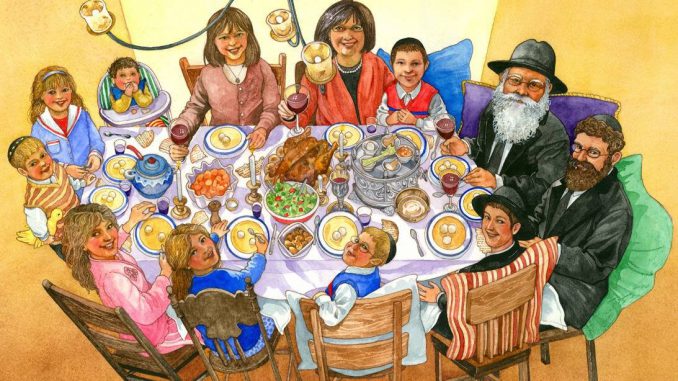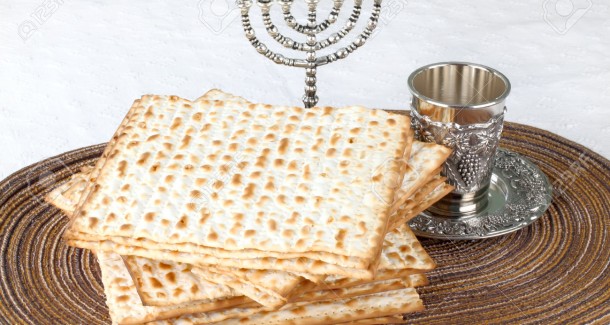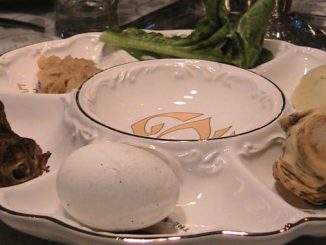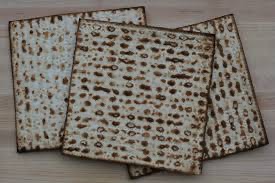
Like their co-religionists around the world, Moroccan Jews celebrate from April 10 to 17, Pesach, a feast that reminds them of the exodus as well as their liberation from slavery imposed by Pharaoh and their departure from Egypt, with the help of the Prophet Moses, peace be upon him. Pesach means “the crossing” in Hebrew.
The celebrations of this holy religious feast among the Jews begin about a month before its date. Families make sure to change their furniture, repaint their homes and stock up for this occasion, during which they eat special dishes, according to what many members of the Jewish community living in Casablanca have confirmed to us, adding that its preparations are similar to those of the Muslims for the holy month of Ramadan.
This feast is also an opportunity for the Jewish families to tell their children the story of the exodus and emancipation that has been passed on from generation to generation for more than 3400 years, to remind them of their past and show them the importance of freedom. This same occasion is also considered by Jewish clerics as an opportunity to liberate the individual from deviant behavior throughout the year, and to lead him/her, during this period, to purify his/her life from the actions of which s/he has been a slave to. Passover is also an important event for Jews, bringing together all members of the family. For example, they often take a holiday and everyone returns to their country of origin to be with their families.

Also, special dishes are prepared to celebrate this happy occasion. One example is the “rkaka” (pancake), an unfermented bread that is baked at home or bought from shops. This bread is reminiscent of the exodus, when the Prophet Moses asked the Jews to go out at night in haste, without even waiting for their dough to rise. They also prepare the tray of the ” Seder ” which, according to tradition, must contain 7 different elements such as egg, zerowa (a bone), salt water, karpass (celery, parsley), etc., each of which means something specific referring to this period of Jewish history.
The first days of Passover are devoted to prayer and the recitation of the Haggada, an ancient Hebrew text that tells the story of the Jews leaving Egypt and escaping from Pharaoh’s hold. Among Moroccan Jews, this recitation begins with : “This is how our ancestors came out of Egypt… thanks to our Lord Moussa ben Imran”, before they sat down to eat the food of this feast, on the occasion of which the Jews, in their great majority, ceased all activity during its first days.
During the last days, Moroccan Jews celebrate “Mimouna”, an occasion when they gather with their Muslim neighbors and friends. They eat fermented bread, pies and cakes, after having been deprived of them for a long time.




Be the first to comment